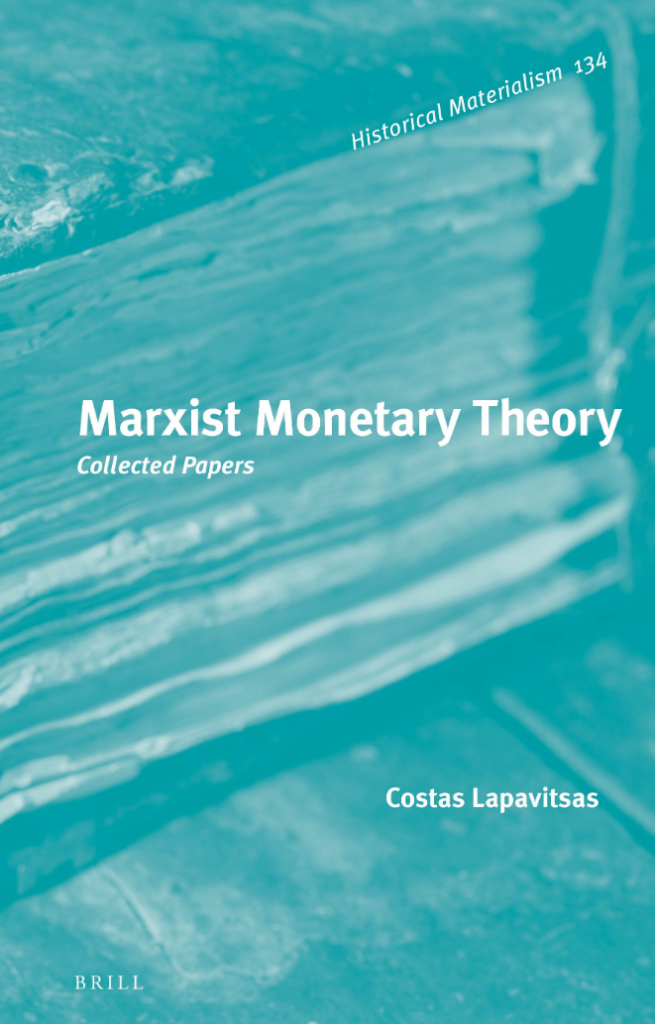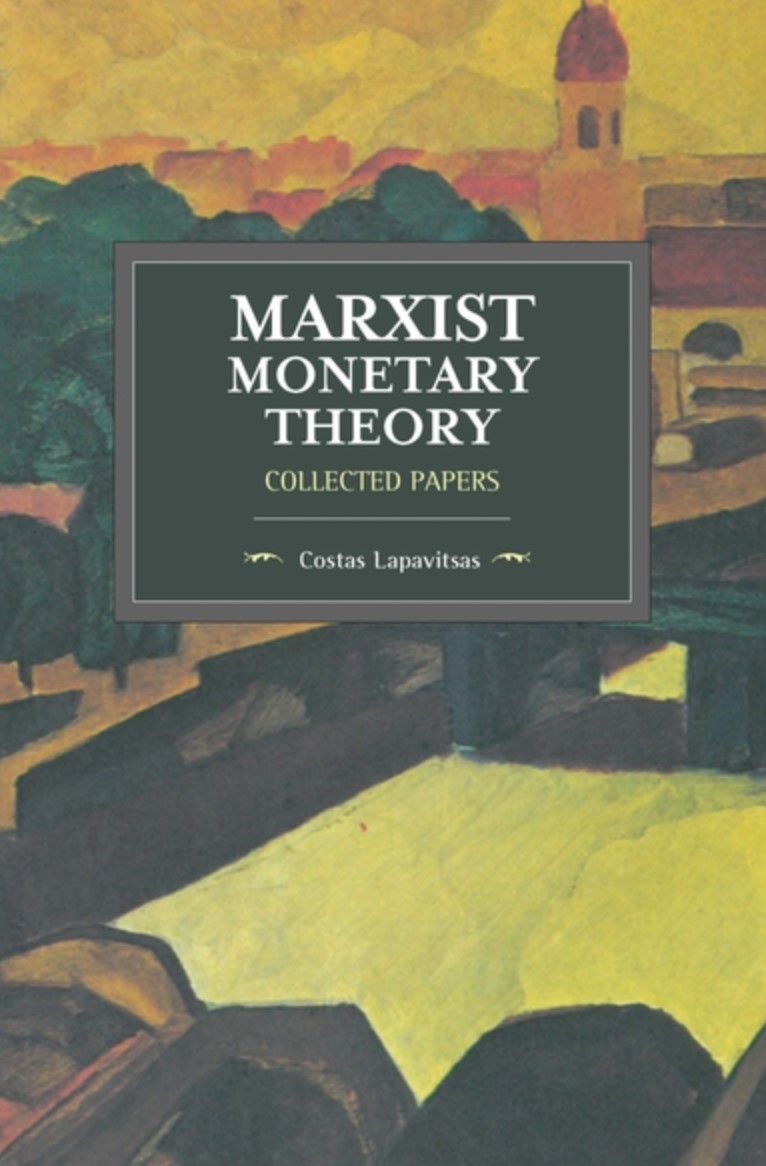Costas Lapavitsas, SOAS, University of London
The collected papers of Costas Lapavitsas are a pathway to Marxist monetary theory, a field that continues to attract strong interest. The papers range far and wide, including markets and money, finance and the enterprise, power and money, the financialisation of capitalism, finance and profit, even money as art. Despite its breadth, the collection remains highly coherent.
Money and finance are pre-eminent, even dominant, features of contemporary capitalism. Lapavitsas has been one of the first political economists to notice their ascendancy and to devote his research to it. He offers a resolutely Marxist perspective into contemporary capitalism while remaining conversant with the history of political economy, sensitive to mainstream economic theory, and fully aware of the empirical reality of financialisation.
Biographical note
Readership
Table of contents
Preface
1. Money as Art: The Form, the Material, and Capital
PART I: THE FORMS, THE FUNCTIONS AND THE QUANTITY OF MONEY
2. The Theory of Credit Money: A Structural Analysis
3. The Banking School and the Monetary Thought of Karl Marx
4. The Classical Adjustment Mechanism of International Balances: Marx’s Critique
5. Money and the Analysis of Capitalism: The Significance of Commodity Money
PART II: CREDIT, INTEREST-BEARING CAPITAL, AND THE HOARDING OF MONEY
6. Two Approaches to the Concept of Interest-Bearing Capital
7. On Marx’s Analysis of Money Hoarding in the Turnover of Capital
PART III: THE ORIGIN OF MONEY AND THE NATURE OF COMMODITIES
8. Commodities and Gifts: Why Commodities Represent More than Market Relations
9. The Emergence of Money in Commodity Exchange, or Money as Monopolist of the Ability to Buy
10. The Social Relations of Money as Universal Equivalent: A Response to Ingham
PART IV: THE COMPLEX REALITY OF CONTEMPORARY MONEY
11. Relations of Power and Trust in Contemporary Finance
12. The Monetary Basis of Financialised Capitalism
Bibliography
Index


